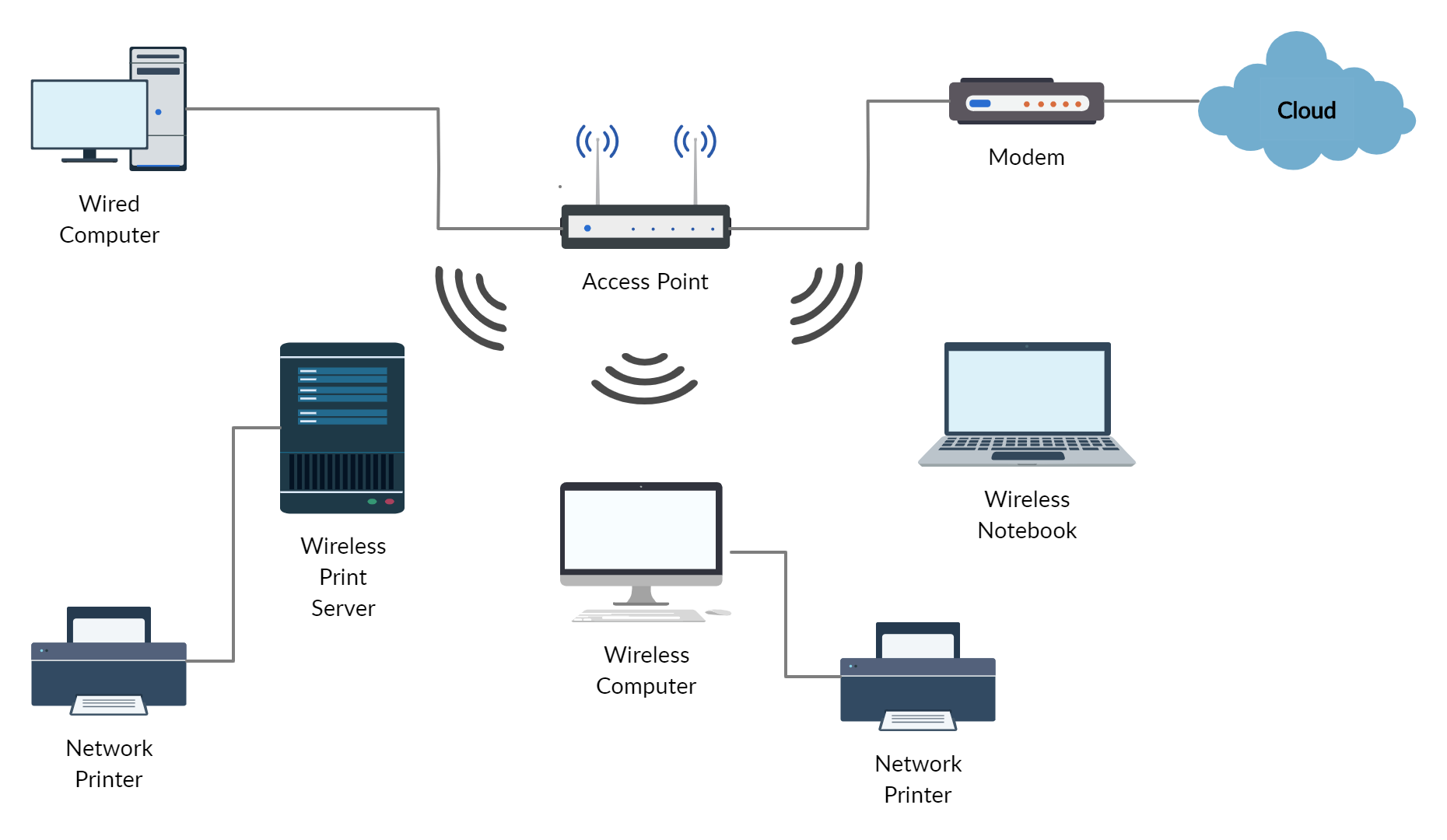Wireless LANs (WLANs) are a type of wireless network that uses radio waves to connect devices within a specific area. The most common use of WLANs is in homes and offices, where they provide a way to connect devices such as laptops, tablets, and smartphones without having to run cables around the room. Wireless LANs also permit equipment in industry and in other remote locations to communicate.
A Revolutionary Wireless Technology: WLANs are Everywhere
WLANs have become ubiquitous in today’s society. From your office to the coffee shop, you can now find wireless routers and access points everywhere. What is this revolutionary technology? Wireless LANs are a type of network communications that use radio waves to connect devices without the need for an existing physical connection. They are often used in offices, schools, and homes where multiple users need to share resources, such as printers and file servers.
The Truth About Wireless Networks: Privacy is Still a Concern
Privacy concerns remain a major issue when it comes to wireless networks. Wireless networks have become a lot more popular, but many are unaware of the security risks related to them, as a whole.
Wireless networks operate by transmitting data over radio waves. This means that any information transmitted over a wireless network can be easily intercepted by someone with access to the appropriate equipment. In addition, because wireless networks are often located in public spaces, anyone with access to the network can potentially eavesdrop on your conversations.
Given these privacy concerns, it is important for users to be aware of the security measures that are available to protect their data. For example, you can use a secure password authentication scheme to protect your login information from unauthorized access.
Are Your Devices Spying on You?
Are your devices spying on you? In a world where technology is constantly evolving, it’s no surprise that our phones and other devices are collecting data on us. But what are those devices actually doing with all of this information? And is it really necessary for them to be able to do so? According to a study from the University of Toronto, devices like smartphones and laptops may be spying on us without our knowledge or consent. The research found that these devices are often collecting information about our personal activities and whereabouts without our consent or knowledge. This includes things like tracking the locations we’ve been visiting, the websites we’ve visited, and even the apps we’ve used. The study also found that many of these activities were being done without users’ explicit permission. So if you’re concerned about your privacy, it’s important to take steps to protect yourself.
WLANs: The Next Big Security Threat
Wireless LANs (WLANs) are the next big security threat. They are quickly replacing traditional wired networks as the most popular way to connect devices in homes and businesses. Wireless security solutions can be simple and easy to set up and to use, but they offer a lot of security risks.
One major concern is that wireless networks are less secure than wired networks. A hacker who gains access to a wireless network can attack other devices on the network, steal data, and even launch attacks against websites or other users.
Another risk is that attackers can intercept data travelling over a wireless network. This is particularly problematic in buildings with many floors where signals can travel through walls and ceilings.




